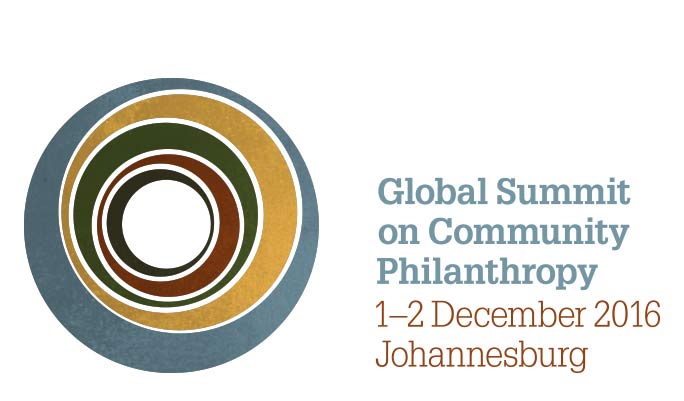Like our .ngo Domain?
Learn more about and how a validated online identity can increase public trust and contribute towards a stronger civil society
Around the world, non-profit sectors are confronted with low levels of public trust. At the same time, in many countries the space for civic engagement is also shrinking, with increased scrutiny from both individual and institutional donors and regulatory policies that are constantly changing. Now more than ever, both international and local funders want more information and reassurance as to how funds are used, where they are allocated and the kinds of impacts they are having on the ground.
A number of strategies have been developed within and by civil society to address this challenge – including greater sharing of data (particularly financial information) by non-profits, crowd-funding websites which track donations and activities in a transparent way, and various different systems of validation and accreditation. The creation of the .ngo domain is one such strategy, created as a direct response to the growing number of pressures faced by civil society organizations around the world. The .ngo domain and the corresponding domain .ong, for use in romance language countries, were released as validated online identities exclusively for the use of registered NGOs and nonprofit organizations globally.
Until the release of the new domains, most nonprofits have chosen to identify their organizations online utilizing the .org domain. Despite the popularity of.org, this domain does not guarantee legitimate status as a charitable nonprofit. It is open to all Internet users for organizational, personal, political and corporate use. However, at a time when non-profits working on critical issues in their communities need to be able to demonstrate to local constituencies and donors alike that they are genuine and can be trusted, many are adopting the .ngo & .ong domains. The .ngo domain is the only globally recognized digital space that represents a third-party verified nonprofit.
When organizations establish legitimacy through the validated .ngo & .ong domains, all the other important parts of an integrated and effective digital presence – which can seem overwhelming at times to smaller or newer non-profits – can come together in a more meaningful way. By entering into the .ngo community, organizations can learn how to engage in both digital and offline relationships, manage an effective website and build a strong connection with targeted communities.
Within this protected digital space, donors of all kinds can give confidently and know they are supporting an organization that is mission focused and legitimate. The domains also provide instant credibility to organizations looking to be part of a global civil society movement that is working towards building increased accountability, transparency and trust with the communities they serve. Civil society organizations around the world are varied and diverse – not least in size, funding and focus – but they share a common goal when it comes to improving people’s lives and building equitable societies. The .ngo domain offers a way for civil society organizations around the world to pull together and express solidarity as a global virtual community to both protect and enhance Civil Society’s digital space and enhance the global good.
- Jeri Curry, President & CEO of Enset
Enset, the only nonprofit provider of the .ngo & .ong domains, believes that when NGOs individually use the internet to advance their own missions, they collectively strengthen the capacities, credibility and effectiveness of civil society. Our mission is to support NGOs around the world as a trusted not-for-profit provider of digital solutions for NGOs to use the internet to advance their own mission.
Created in in 2015 by Public Interest Registry -- operator of the .org, .ngo, and .ong domains, Enset’s vision is to strengthen civil society through the development and promotion of a more transparent, accountable and connected online community of NGOs (non-governmental organizations).

